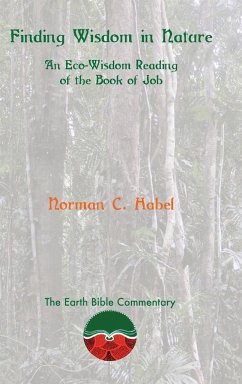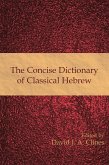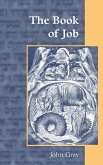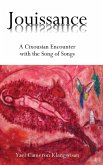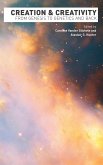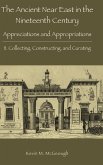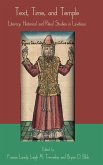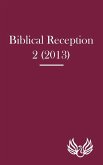'Wisdom, where can she be found?' This question, at the core of Job 28, is arguably the central question also of the entire book of Job. Where is Wisdom found in Job 28? Habel's answer may be surprising: in the domains and forces of nature, in the ecosystems of the cosmos! And who employs the 'scientific approach' of the ancient Wisdom School to discern this Wisdom? A Sage called God during the process of creation. This key chapter, Job 28, is therefore where Habel begins his ecological commentary, using an approach he designates an eco-wisdom reading. In the preceding 27 chapters of the Book of Job, the focus had seemed to be on the question of where justice could be found. Job has been ready to take God to court in order to find justice. Yet, throughout these chapters there has also been a question about Wisdom, raised by Job and each of his friends, though it has remained churning in the background. When God finally answers Job, God communicates-via nature-about the 'design' of the cosmos. During his journey through the cosmos with his divine mentor, depicted in the divine speeches of Job 38-41, Job is challenged to discern the 'way,' the 'place' and the inter-relationship of the domains and forces of nature, which is to say, their dynamic innate Wisdom. In his final speech, Job admits he does not know everything and dismisses his plan to take God to court, and the claim for justice lapses. In its place, Job declares he has 'seen' or 'observed' God-presumably in the ecosystems of the cosmos that God has shown him. So the Book of Job ends with his experience of what we may call an 'ecological conversion'.
Hinweis: Dieser Artikel kann nur an eine deutsche Lieferadresse ausgeliefert werden.
Hinweis: Dieser Artikel kann nur an eine deutsche Lieferadresse ausgeliefert werden.

